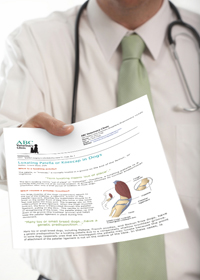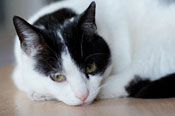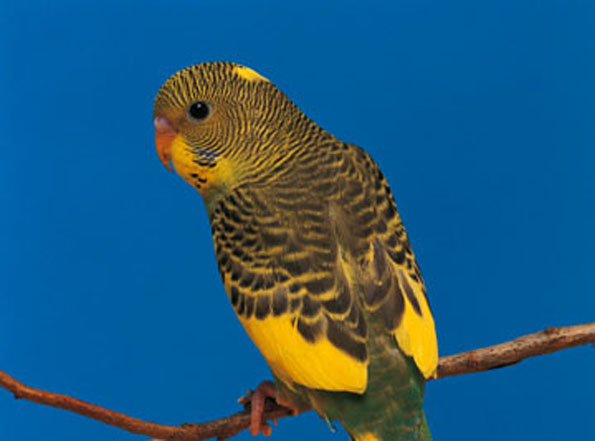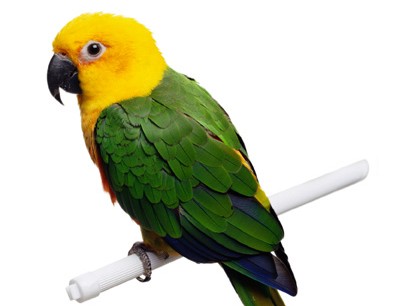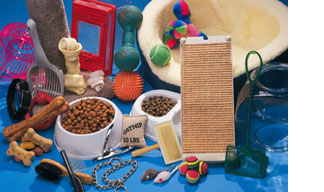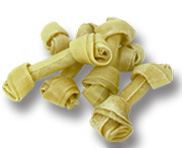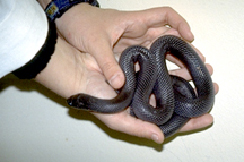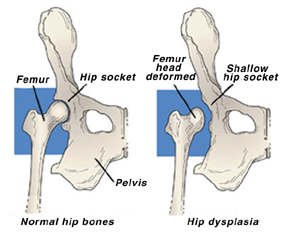
Canine hip dysplasia (abnormal development of the hip joint) begins when the hip joint in a young dog becomes loose or unstable. If left undiagnosed and untreated, this instability causes abnormal wear of the hip cartilage and ultimately progresses to osteoarthritis or degenerative joint disease. Signs of this condition are pain, reluctance to get up or exercise, difficulty climbing stairs, a “bunny-hopping” gait, limping, and lameness, especially after periods of inactivity or exercise.
Hip dysplasia most commonly affects large- and giant-breed dogs; however, smaller dogs can also be affected. Although genetics often play a role in this disorder, young dogs that grow or gain weight too quickly or get too much high-impact exercise are also at risk. Being overweight can aggravate hip dysplasia.
We can help prevent or slow this condition by monitoring food intake and ensuring that your dog gets proper exercise as he or she ages. We can also screen your dog for hip dysplasia, using one of two methods. The earlier we can diagnose hip dysplasia, the better the possible outcome for your dog.
OFA (Orthopedic Foundation for Animals) Certification:
We can x-ray your dog’s hips for hip dysplasia at 2 years of age. We will forward these radiographs to the OFA, where board-certified radiologists will evaluate and grade your dog’s hips for OFA certification. Correct positioning of your dog is essential for proper radiographic evaluation, so a general anesthetic is required to make the procedure less stressful for him or her.
Please call us to discuss your dog’s risk of developing hip dysplasia, to schedule a screening, or to discuss treatment options.

